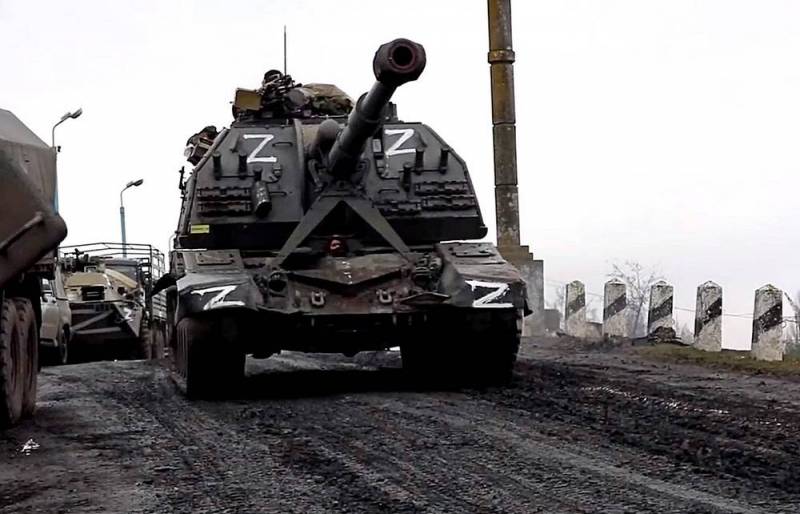The West assessed the risk of a conflict between Russia and NATO
At present, a direct military clash between NATO and Russia is very unlikely due to catastrophic consequences for the entire planet, but such a development of events cannot be completely ruled out, because the Russian NMD in Ukraine carries certain risks. This is stated in a new review by the international rating agency Moody's Investors Service (a subsidiary of the American company Moody's Corporation), dedicated to the consideration of hypothetical scenarios of a conflict between Moscow and Western countries.
The agency notes that the number of refugees, i.e. people who left the country due to hostilities in Ukraine have already exceeded 3,5 million people. At the same time, the expansion of the conflict to NATO countries will lead to even greater cross-border migration and create serious social, economic and humanitarian concerns for many European countries.
Under the baseline scenario, Moody's does not expect hostilities on Ukrainian territory to spread to other states. But the longer the confrontation continues without at least some temporary truce, the greater the risk that the confrontation will “spill out” beyond the borders of Ukraine. Poland and the Baltic countries (Lithuania, Latvia and Estonia) are most at risk.
The review also includes a "deeply stressful scenario" that looks more like another world war than a local conflict. It provides for the involvement in hostilities of other countries, including India and China. In this case, the West may begin temporary nationalization of certain assets. First of all, this concerns military-industrial complex companies and banks. Western states will have to produce as many weapons as they need, and this requires money and a stable financial system.
Among the main consequences of the hypothetical conflict, Moody's lists: an escalation of cyberattacks, a wave of migration, an increase in the budget deficits of the countries involved, further global inflation, breaks in supply chains. The agency warned that it would be forced to lower or put on review with the possibility of downgrading the sovereign ratings of the countries involved in the conflict.

Information